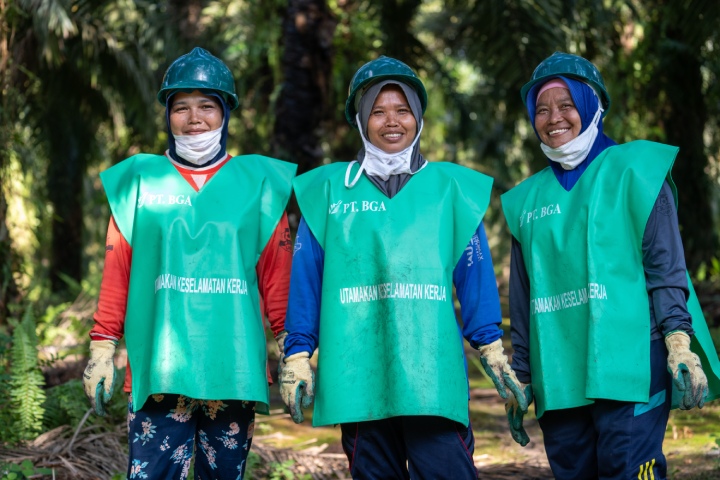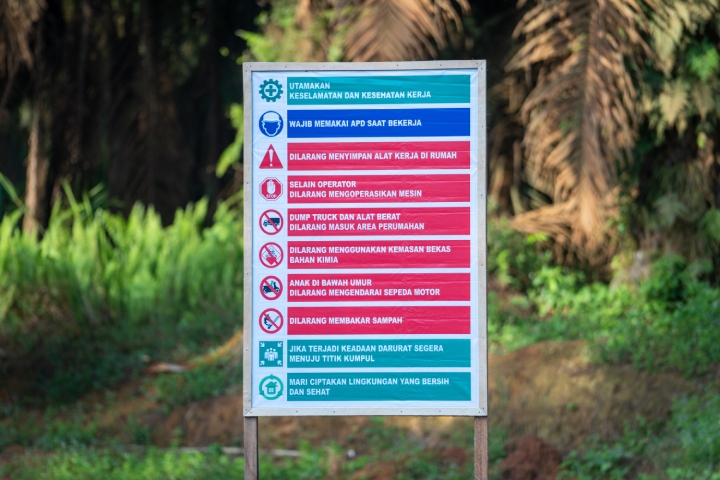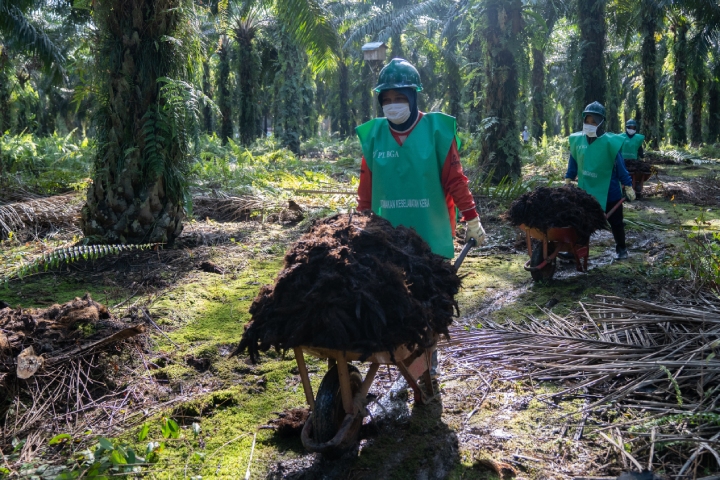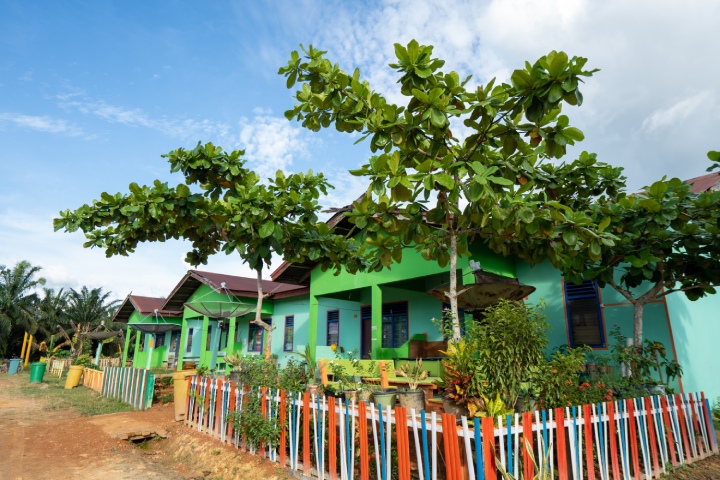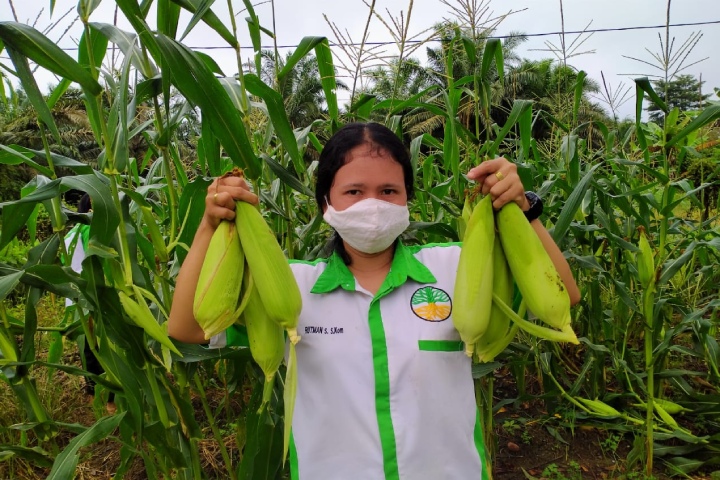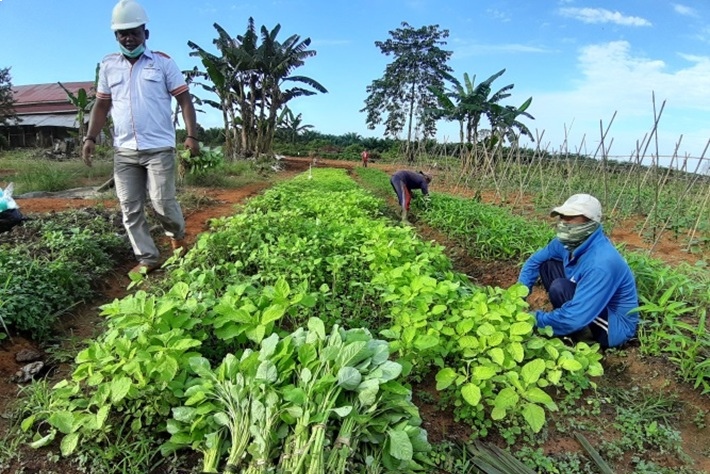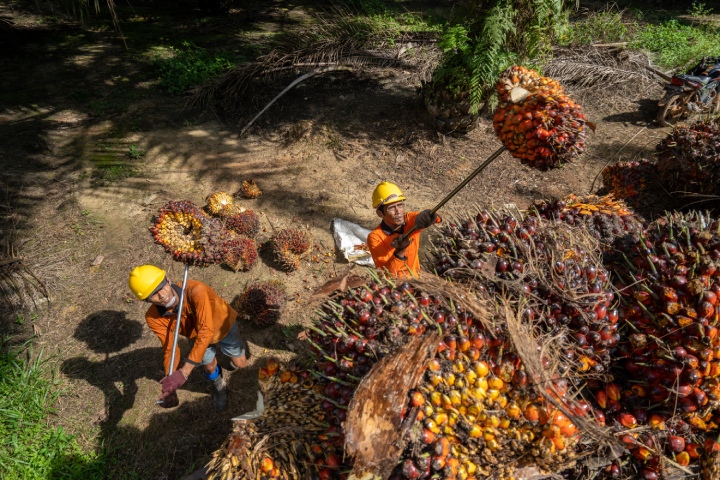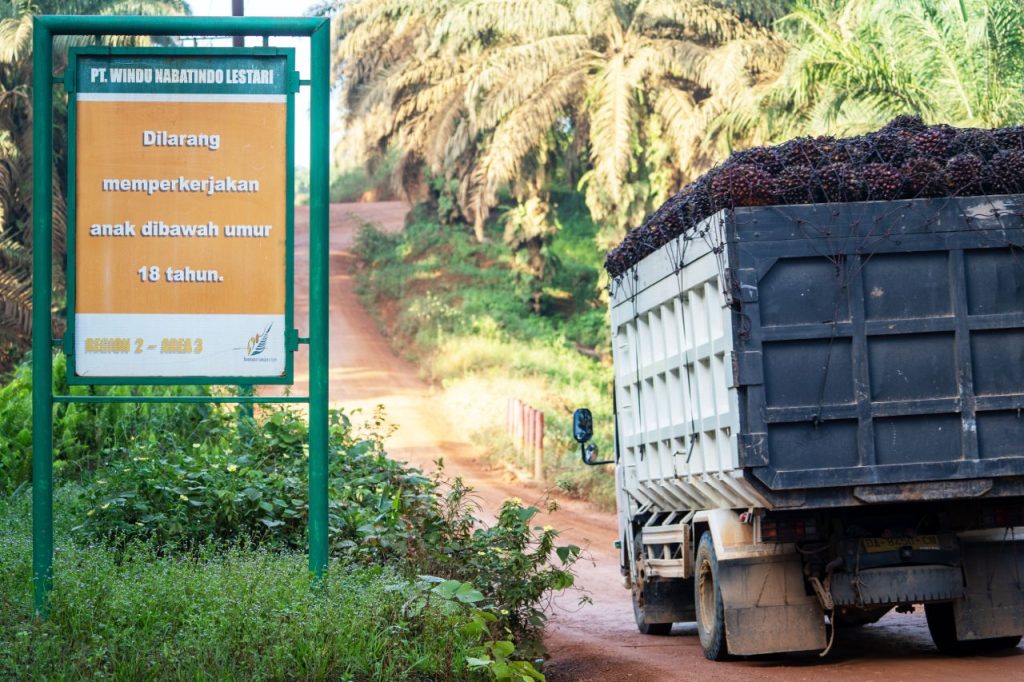Workers’ Rights 
Freedom of Association
- Bumitama respects the right of all employees to join and form associations of their choice and to engage in collective bargaining. LKS Bipartite representation is available at each of our unit. Through union and bipartite representatives, forums and meetings are held to communicate and consult on matters such as wages, benefits and leave. Workers’ unions and LKS bipartite forums are accessible across all our operations, and union representatives meet with management regularly. We do not interfere in the workings or structure of either. We have not experienced labour disputes or industrial actions in the recent years.
Bonded Labour and Migrant Workers
- It is our core belief that workers must be entitled to freedom of employment and movement. We do not withhold personal documents or any other form of collateral that inhibits the free movement of workers, work must be voluntary, and all forms of bonded, indentured or prison labour are prohibited in Bumitama. As we currently do not employ foreign or migrant workers, we have not identified such forms of labour as a risk to our operations. A local workforce is hired directly by our operations, but in some instances, we use external agencies to recruit employees from other regions in Indonesia. All agents commit to our policy requirements through signed contracts.
Child Labour
- Child labour has long been recognised as a major industry concern, and the Government of Indonesia has established a robust legal and policy framework to mitigate this. In addition to complying with national regulations, we enforce a strict ban on hiring employees below 18 years of age whether in permanent or temporary positions. We explicitly prohibit employees from bringing children to the field and continue raising awareness about the associated risks, especially during high crop seasons. We provide our employees’ children with quality daycare and schooling during working hours, and we monitor attendance and investigate if children are routinely absent.
Non-Discrimination
- Through its Diversity policy, Bumitama is committed to promote equality and respectful treatment of all individuals, through embracement of the differences deriving from one’s gender, age, nationality, ethnicity, race, religion, social or economic group, and many other relevant factors such as individual characteristics. We have a zero-tolerance policy on gender discrimination and sexual harassment. We operate an anonymous reporting mechanism and scrutinise every report received.
- Although we recognise that the oil palm industry is traditionally male-dominated, we strive to promote gender equality. We support the inclusion of women across all our operations and are exploring ways to achieve a more gender-balanced workforce. Dedicated gender committees have been organised across our operations, to champion head office and on-site gender-related initiatives. Part of their role is to ensure fair and equitable treatment of women, while observing and protecting their reproductive rights.
Training and Development
- We continue to focus on employee growth through training and development programmes. In Bumitama, we offer our employees three levels of training:
- An introductory programme for all employees that aims to increase competencies (including performance coaching).
- Specific development programmes that aim to fill competency gaps within an individual specialisation.
- Workshops and meetings to keep employees abreast of crucial developments.
- Our specialised training centre, Pundu Learning Academy builds on employees’ proficiency in agronomy, mill operation, and administration. Our trainings align with the company’s corporate identity, emerging best management practices, and standard operational practices. The training modules also cover company values, attitudes and competencies.
- In 2018, the Bumitama Academy was remodelled into the Bumitama Corporate University. The University’s purpose is to ensure a continuous scheme of training modules to enhance our recruitment processes, advance competence development and elevate leadership development at all organisational levels. Partnering with the Institute of Agricultural Stiper Yogyakarta (INSTIPER), we established programmes to strengthen managerial and leadership capacity among our future unit leaders.
